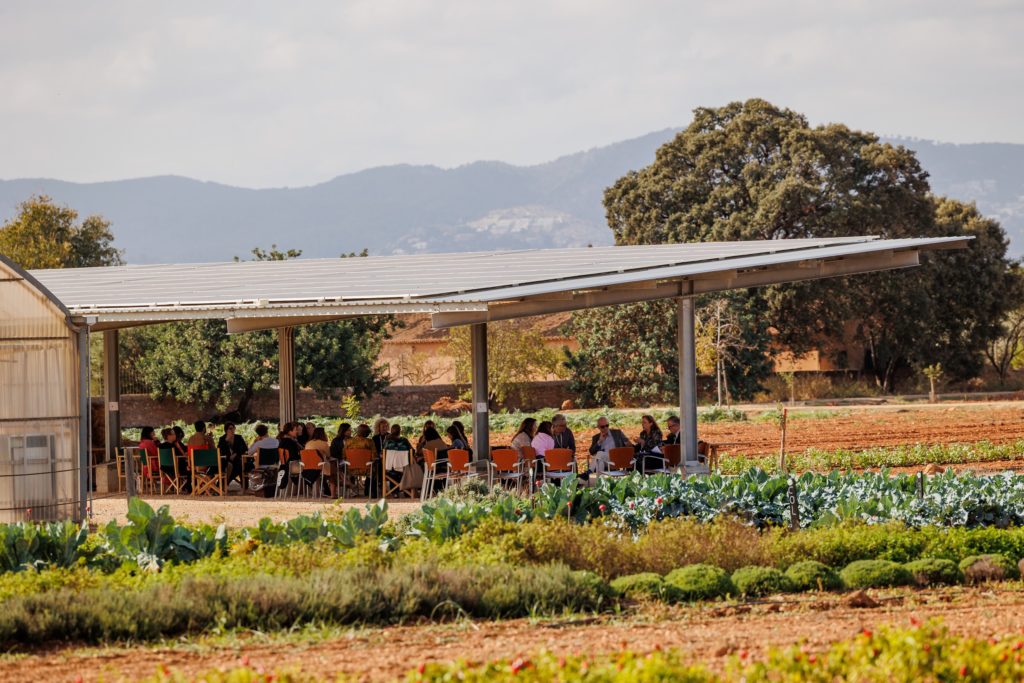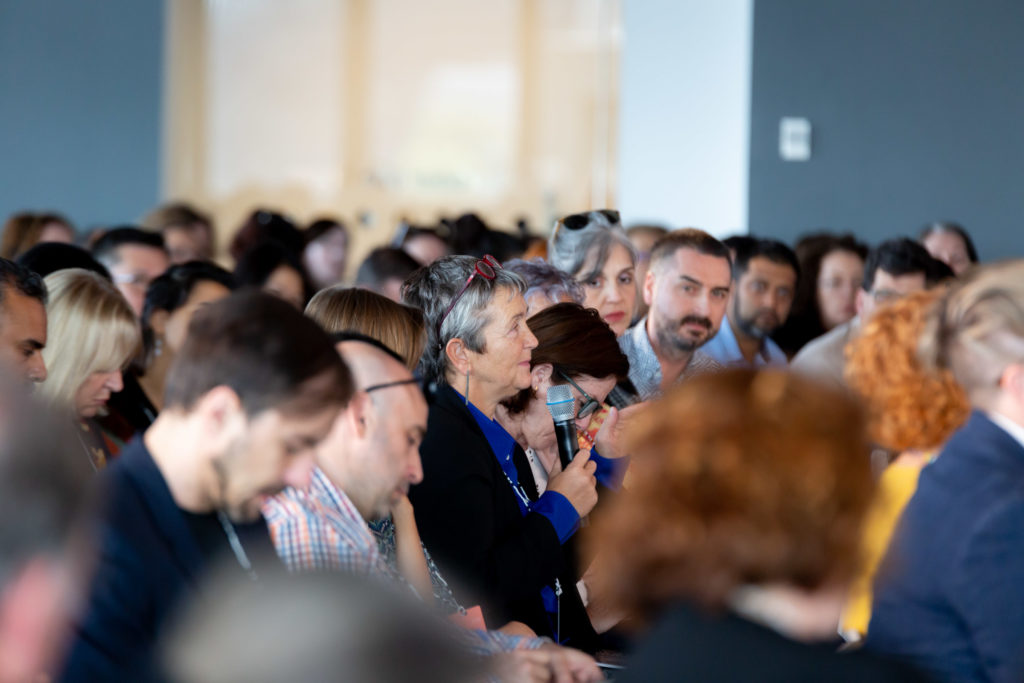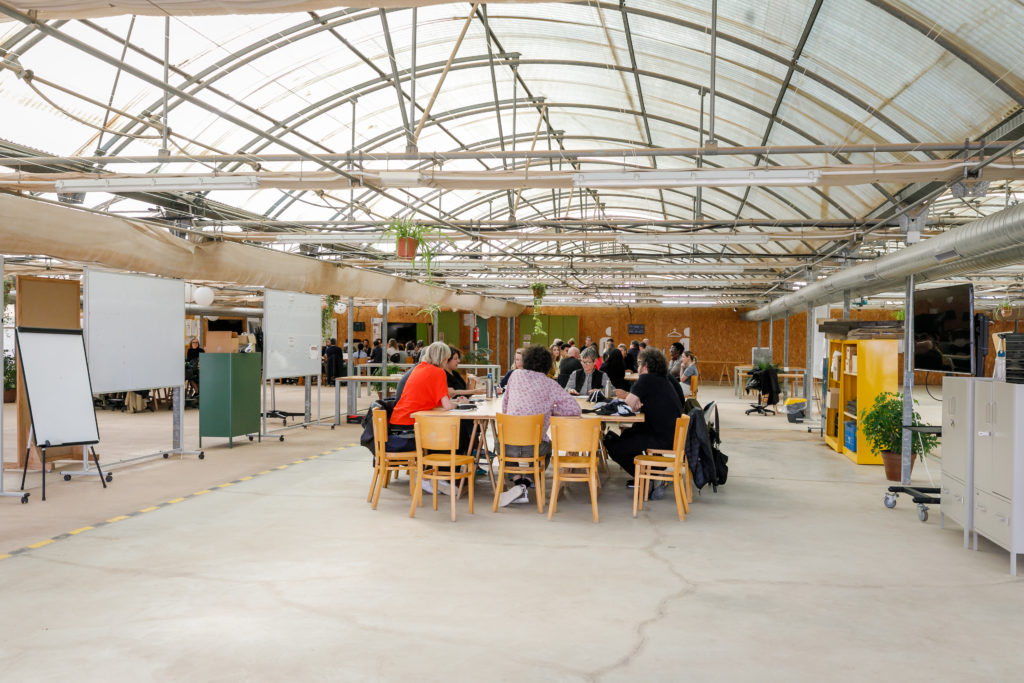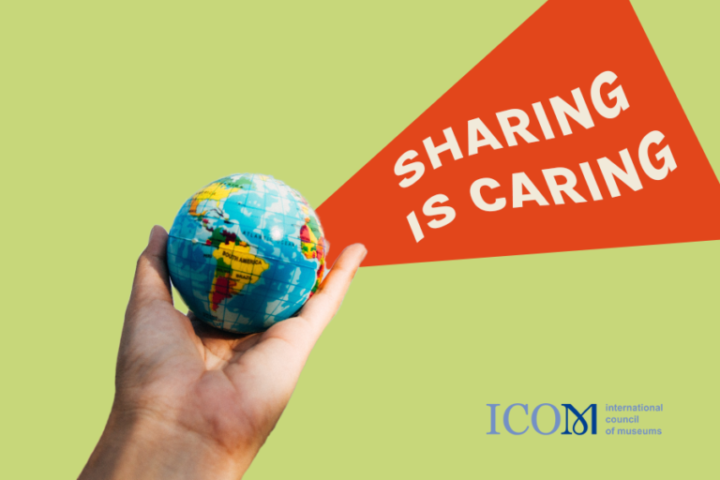Keywords: Sustainable Development Goals, Museum, Sustainability, Museum Practice, Environmental
CIMAM, as an Affiliated Organisation of ICOM for Museums and Collections of Modern Art, announces the incorporation of social and economic aspects of sustainability into its Toolkit on Environmental Museum Practices. This significant update is the result of a study led by the CIMAM’s Working Group on Sustainability and Ecology in Museum Practice. The study aimed to examine how modern and contemporary art museums achieve sustainable goals without compromising their core values.
Toolkit on Environmental Museum Practices
In January 2022, CIMAM initiated the research project “Climate, Social, and Economic Sustainability: How Modern and Contemporary Art Museums Act to Achieve the Sustainable Development Goals.” The project aimed to assess the commitment of these museums to the United Nations 2030 Agenda’s Sustainable Development Goals.

The study involved professionals from the global modern and contemporary art museum sector, including museum directors, independent curators, heads of exhibitions, trustees, presidents, founders, senior staff, communication experts, sustainability officers, researchers, and educators. Their contributions unveiled the diverse socio-political contexts in which museums operate and the subsequent impact on their ability to develop sustainability plans aligned with the ambitions of the UN Agenda 2030.
Three sustainability experts were invited to evaluate the findings. Caitlin Southwick, founder and CEO of Ki Culture, analyzed the social aspects of the survey. Henry McGhie, founder of Curating Tomorrow, assessed progress towards environmental goals. Martin Müller, professor at the Department of Geography and Sustainability at the University of Lausanne, provided critical insights on the museums’ evolution towards greener economies.

The survey featured closed and open-ended questions, unveiling the current status of museums in their pursuit of UN Sustainable Development Goals through structural changes. The results were categorized into three sections: the primary obstacles to achieving sustainable transformation, key approaches to adopting sustainable practices, and the potential benefits museums and professionals gain by implementing sustainability measures.
The responses to the survey highlight the need for an international reference that encourages the exchange of inspiring good practices. This will enable museums around the world to reorient or embark on a path toward more sustainable practices in the environmental, social, and economic dimensions.
Participants’ voices emphasize the importance of museums leading by example, respecting society, the environment, and their pivotal educational role within communities. Embracing this responsibility serves as the key driver for cultural institutions to enact positive change.

While modern and contemporary art museums are in the early stages of sustainable development, they possess a unique opportunity to establish themselves as exemplars of best practices, contributing their perspectives to global discussions on human rights, social justice, and climate-related issues.
Sustainability, rooted in universal respect for life and human rights, demands that museums adopt this ethos as their modus operandi to the best of their abilities.
This comprehensive resource covers the social, environmental, and economic aspects of sustainability, combining advice and real-world experience from museums around the world. It is a practical international resource based on the principles of human rights: equity, inclusion, diversity, justice, environmental respect and sustainable economic growth. Modern and contemporary art museums can draw inspiration from this valuable resource.
Read here the survey findings on how modern and contemporary art museums are responding to the Sustainable Development Goals set in the Agenda 2030 by the UN.ABOUT SHARING IS CARING
A dedicated space where we come together to exchange valuable information, resources, and tools within the museum community.
At ICOM, we firmly believe that sharing knowledge is a powerful act. With this new section, we strive to facilitate a network of support and engagement. Our aim is to create a platform where our members can access a wealth of information, gain fresh perspectives, and forge connections with other museums and professionals worldwide.
Here you we will share a diverse range of resources carefully curated by ICOM. From insightful toolkits and engaging documents to research papers, that we believe will prove invaluable to our members.
